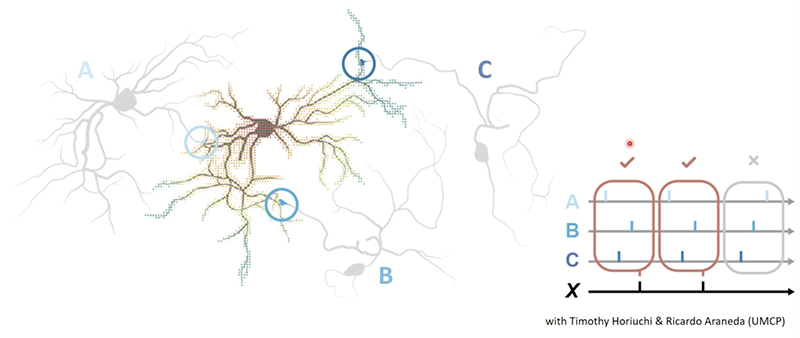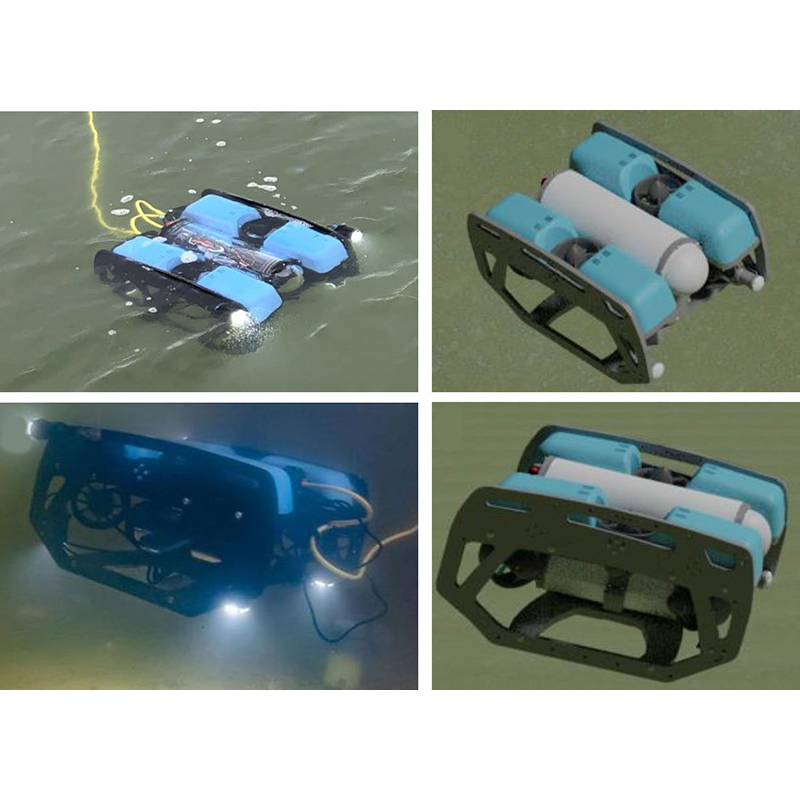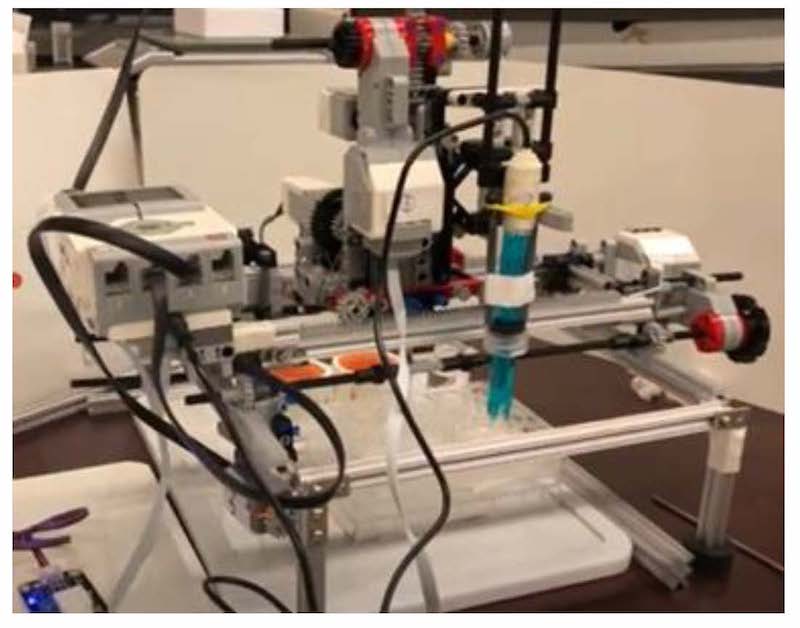News Story
Babadi, Chellappa contribute to Springer reference work on computer vision
Two Clark School faculty members have contributed to a new online version of the Springer reference work, Computer Vision: A Reference Guide, edited by Katsushi Ikeuchi.
Assistant Professor Behtash Babadi (ECE/ISR) has written the entry, "Learning from a Neuroscience Perspective." Babadi’s entry gives an overview of learning from a neuroscience perspective by highlighting some key chronological findings in neuroscience that have given rise to various theories of learning and have particularly inspired major developments in artificial intelligence.
Distinguished University Professor and former ECE Chair Rama Chellappa (ECE/UMIACS) contributed the entry on "Face Alignment," transforming a given face image to a canonical coordinate system. This is done by automatically detecting facial fiducial points also called facial landmarks or keypoints (such as eyes, nose, chin and mouth corners) and then using standard transformation methods such as affine/similarity transformation.
The comprehensive reference was first compiled in 2014 and has undergone revision and expansion since then. It provides easy access to relevant information on all aspects of computer vision. An A-Z format of with more than 240 entries offers a diverse range of topics for those seeking entry into any aspect within the broad field of computer vision. More than 200 authors from industry and academia, including Babadi and Chellappa, contributed to this volume.
Each entry includes synonyms, a definition and discussion of the topic, and a robust bibliography. Extensive cross-references to other entries support searches for access to relevant information. Entries were peer-reviewed by a distinguished and diverse international advisory board. In total there are 3700 bibliographic references for further reading to enable deeper exploration into any of the topics covered.
The book is a practical resource for students who are considering entering the field, as well as professionals in other fields who need to access this vital information but may not have the time to work their way through an entire text on their topic of interest.
Published April 29, 2020









